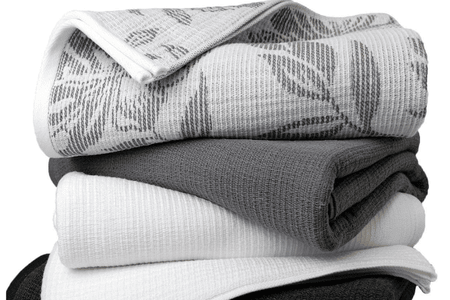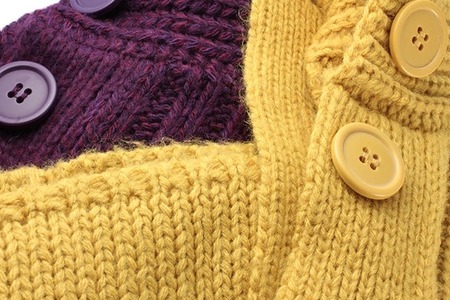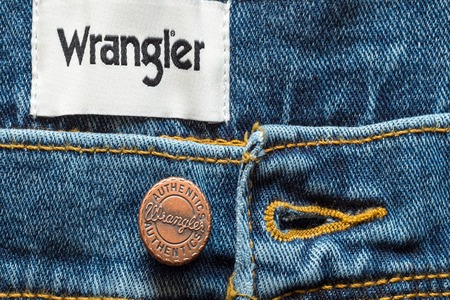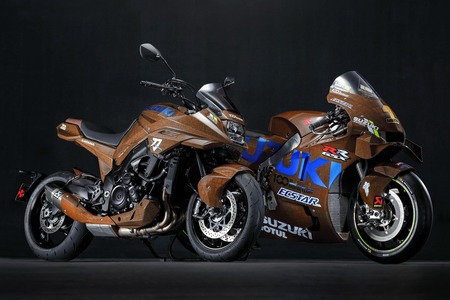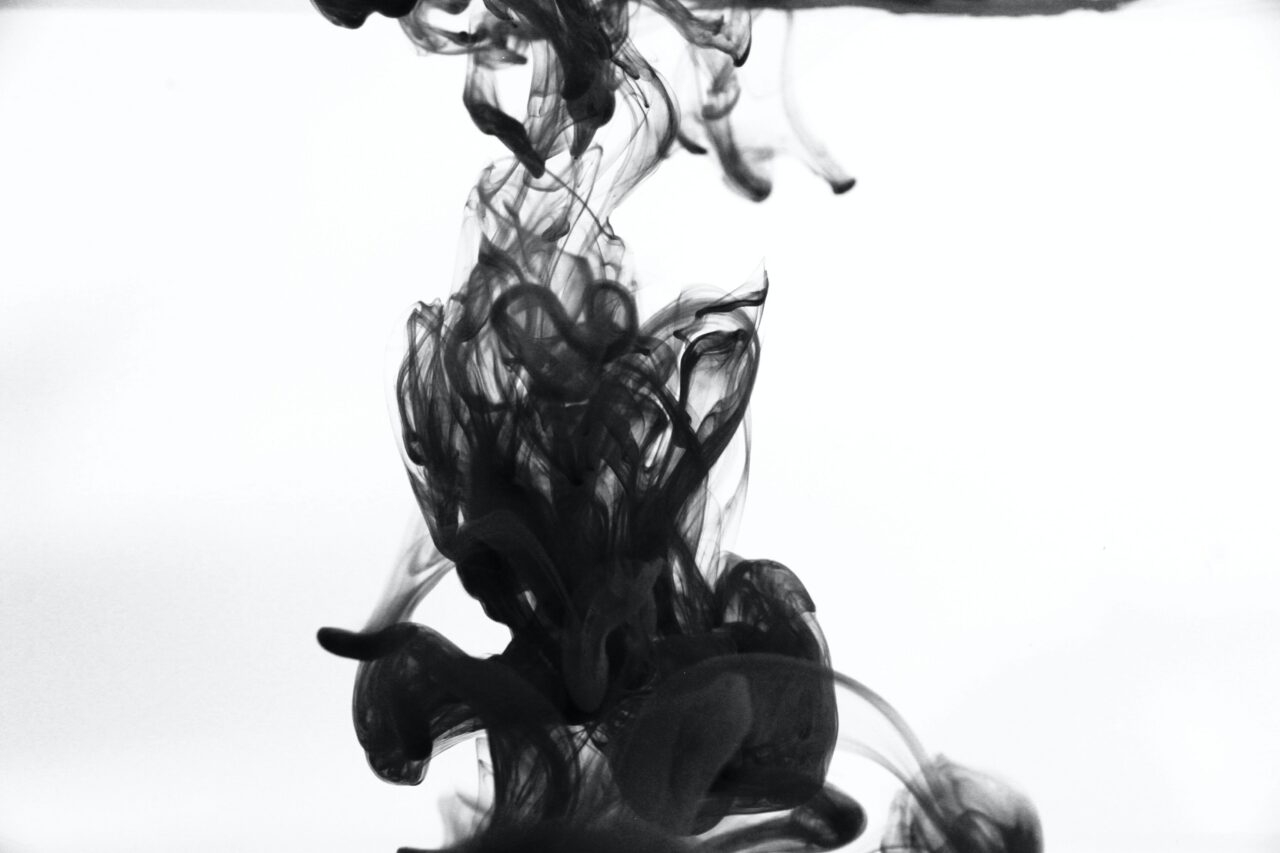
Fashion for Good project turns waste materials into black pigments
YarnsandFibers News Bureau 2022-02-09 10:52:09 – NetherlandsGlobal sustainable fashion innovation platform, Fashion for Good, launches the Black Pigment Pilot project in partnership with Paradise Textiles and innovators Graviky Labs, Living Ink, and Nature Coatings, as well as partners Birla Cellulose, Bestseller, Kering, and PVH Corp.
The pilot aims to validate and scale black pigments created from waste feedstocks such as industrial carbon, algae, and wood, which could replace synthetic dyes and provide a more sustainable method of textile production with a lower carbon footprint.
Katrin Ley, Managing Director at Fashion for Good, said that collaboration is critical to make a significant change in replacing the industry's abundantly utilized hazardous dyes, among which black predominates. They are thrilled to be able to support this groundbreaking first-of-its-kind collaborative pilot aimed at validating three innovations that will enable the industry to transition to more sustainable (black) dye chemistry.
Black has a long history in the fashion industry and is one of the most widely used colors to dye clothing. Modern synthetic dyes are frequently made from petrochemical substances, which are nonrenewable and lead to water contamination if not properly managed.
The project aims is to develop and scale black pigment for the dope dyeing of man-made cellulosics (MMCs) fibers and recycled polyester (rPet) yarns, while also evaluating the technologies of the participating innovators, Graviky Labs, Nature Coatings, and Living Ink, which produce black pigment from industrial carbon emissions, wood waste, and waste algae, respectively.
Their technology has so far only been utilized in printing applications. The innovators will be assisted in developing formulations for dope dyeing by Fashion for Good partner Birla Cellulose and Paradise Textiles, the Alpine Group's dedicated material science and innovation hub. Birla Cellulose contributes technical expertise and insights into the creation of dope-coloured MMC fibers, while Paradise Textiles is known for its thoughtfully crafted selection of sustainability and performance fabrics, as well as integrated, innovative manufacturing methods.
The first phase of the pilot will run until mid-2022, with Birla Cellulose and Paradise Textiles creating the first dope-coloured MMCs fibers and rPet yarns using the black pigments, respectively. Fashion for Good partners will be able to assess the performance, color fastness, wearability, and impact of all solutions. Successful formulas will subsequently be tested in bigger production runs on fabrics dyed with the advances.
To evaluate the performance of dope dyeing with the unique black pigment formulations, test factors such as affinity, color and light fastness, and tensile strength of the fibers and yarns will be compared to dope dyeing with the industry's standard synthetic dyes. Successes in the early trials will be used to expand the project beyond fiber and yarn dyeing to textile production, with the long-term goal of integrating these technologies at a commercial scale in the value chain.
Market Intelligence
Ask for free sample Report

experience
Customer Base
dedicated team
Countries Served Worldwide



